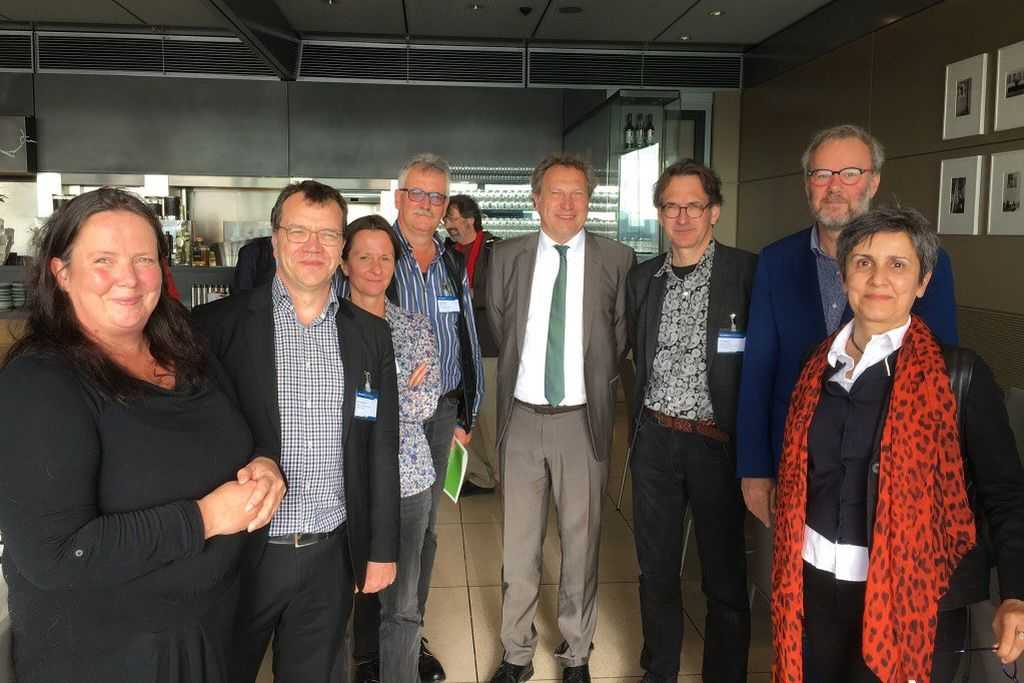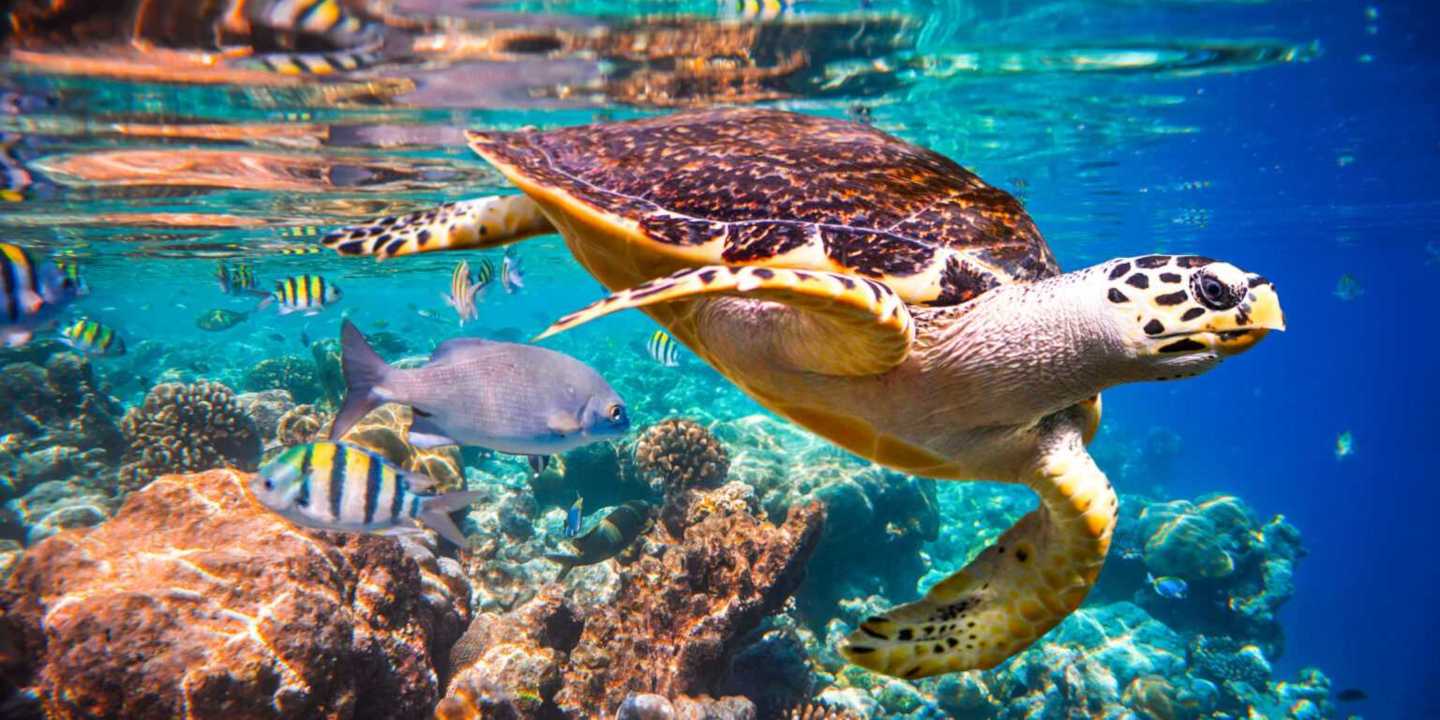Up to One Million Plant and Animal Species Face Extinction
The IPBES 2019 Global Assessment Report on Biodiversity and Ecosystem Services is the new global synthesis of the state of nature, ecosystems and nature’s contributions to people since the Millennium Ecosystem Assessment published in 2005, and the first that is inter-governmental. Often described as the ‘IPCC for Biodiversity’, IPBES is the global science-policy forum tasked with providing the best available evidence to all decision-makers for people and nature and whose mission is to strengthen the knowledge foundations for better policy through science. It is based on expertise across all disciplines and knowledge communities, producing the IPBES Global assessments about biodiversity, ecosystems, and the benefits they provide to people – as well as the tools and methods to protect and sustainably use these natural assets.
150 International Experts From 50 Countries
The IPBES 2019 Global Assessment has been prepared by 150 international experts from natural and social sciences from 50 countries. Three years in development, at a total cost of more than US$2.4 million, the IPBES Global Assessment draws on 15000 references, including scientific papers and government information. It is also the first global assessment ever to systematically examine and include indigenous and local knowledge (ILK), issues and priorities. It has been discussed, finalized and considered for approval at the seventh session of the IPBES Plenary (#IPBES7) hosted at UNESCO headquarters in Paris this spring.
Including Marine Biodiversity in the Assessment
Three years ago, HIFMB’s Ute Jacob has been nominated by KDM and BMBF to join the team of experts on the IPBES Global Assessment, in total seven German Scientists were part of the Global Assessment.

Being a marine ecologist at heart with a main interest in how to conserve biodiversity and ecosystem services Ute did not know what to expect but jumped right in. From the first Lead Author meeting in Bonn (followed by Leipzig, Cape Town and Frankfurt) she has been mainly part of the Nature Chapter, to ensure with other marine experts the inclusion of Marine Biodiversity, in the Topics Nature and Nature’s Contributions to people, mainly focusing on the definition of the marine units of analysis and Ocean Acidification. This was a true team effort, evaluating and summarizing the huge body of research and report on the status of Marine Biodiversity and trends of its contributions to people – so where are we at?
The Global Assessment offers an integrated overview of where we stand in relation to key international goals, including the Sustainable Development Goals (SDGs), the Aichi Targets and the Paris Agreement on climate change, the expected impacts of the Global Assessment are:
- Provision of an evidence knowledge base to inform policy and decision makers
- Analysis of the implications of the loss of biodiversity for achieving the Paris Climate Agreement, global biodiversity targets, and the Sustainable Development Goals,
- A multidimensional valuation of common global assets,
- Awareness Raising of the importance of transformational multi-sectoral policies and governance structures and
- Being a starting point for in-depth analyses of the role of conservation and management actions and their global implications
“The loss of species, ecosystems and genetic diversity is already a global and generational threat to human well-being. Protecting the invaluable contributions of nature to people will be the defining challenge of decades to come. Policies, efforts and actions – at every level – will only succeed, however, when based on the best knowledge and evidence. This is what the IPBES Global Assessment provides.”
Sir Robert Watson, IPBES Chair
Wir brauchen einen Wandel hin zu einer globalen nachhaltigen Wirtschaft
With the IPBES Global Assessment we provided the evidence base – nature and its contributions to people are being degraded at an alarming rate – despite major previous intergovernmental and government actions. Decisions in the past between our livelihoods and sustaining the environment for nature and our future generations, we have generally chosen our livelihoods but this is too short lived – we need a change in the current paradigm of economic growth and transform it towards a global sustainable economy. With this evidence base nobody can say we did not know – now we know and we need to take action.
More Information & Get Involved
For more information:
Follow IPBES on social media:
